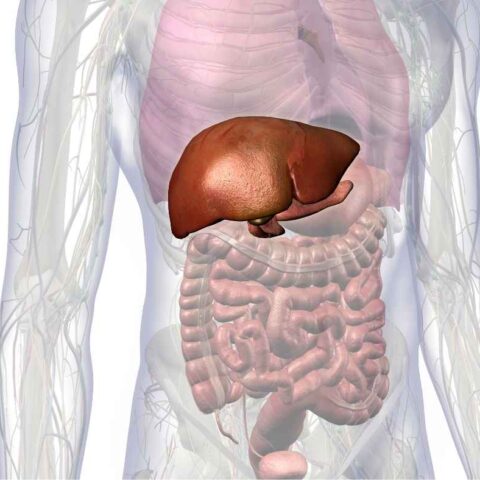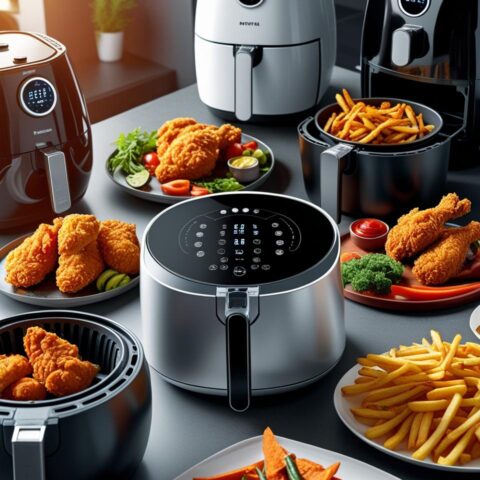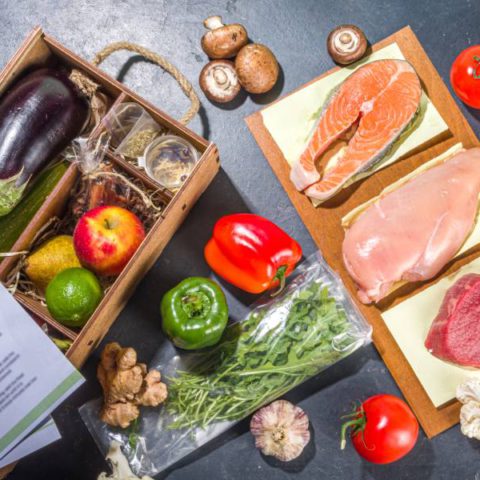Many people want to market their potential today. While restaurant ownership is one of the riskiest investments anyone can make, some have opted for a nifty alternative: food trucks. These are mobile foodservice stations designed for on-the-go orders. For those interested in this venue, read these tips for starting a food truck business.
Ladle of Contents
Become Licensed
Firstly, you must obtain a license to legally operate a food truck. As with any foodservice establishment, you need the proper credentials that prove you’re liable for the handling and distribution of food. On that note, check your local requirements for health department certifications, truck permits, and parking restrictions. Each city or town has its own ordinances, so follow up with your local government on the proper documents necessary for operating the food truck. Still, don’t feel discouraged if they reject you the first time. Many cities have quotas for food vendor certifications. This occurs more with smaller towns that have limited public parking.
Find Your Truck
Now, find a truck. With the right research, you can find one within your budget that fits your needs. It must adhere to health codes, so consider the right cooking and sanitation equipment, too. Don’t go overboard on the cost, however. You still need money for operating expenses, supplies, ingredients, staff, and more. Look into used food trucks as these will reduce your initial costs in comparison to a new one. The size will also depend on your business. Simple or specified operations only require a small or medium truck, whereas large-scale operations require a large one.
Get Insured
Insurance is one of the key components of a successful business. No one can predict what might happen, and a food truck is essentially a collection of risks on wheels. Hot oil, small workspaces, and driving all have risks. In fact, when traveling between destinations, take all precautions to avoid potholes, flat tires, and other maintenance issues as they can lead to hefty repair costs. Still, talk with an agent about insurance costs and coverage. While you’ll likely only need auto insurance, food trucks might require special policies to account for all risks and liabilities.
Determine a Location
Assuming you’ve met the permit requirements, you’ll need to find a great location to market yourself. Operating a food truck is no small endeavor, so remember to park where you’ll have enough space. Popular choices include abandoned parking lots and construction sites, as these are spacious and allow you plenty of operating room. Plus, they’re noticeable and attract foot traffic. You may need to park near an electrical outlet for constant electricity and refrigeration.
Be Unique
Lastly, when starting a food truck business, find a niche market or cuisine. With many mobile foodservice stations on roads today, determine what will set you apart from your competition. Photogenic foods or exclusive specials can easily make people return for more. Even a fancy or unique design can increase foot traffic. Regardless, research the food trucks in your area and how yours can differ from them. More people will remember a one-of-a-kind experience, like fusion or ethnic cuisines, than something they can get anywhere, like burgers and fries.








